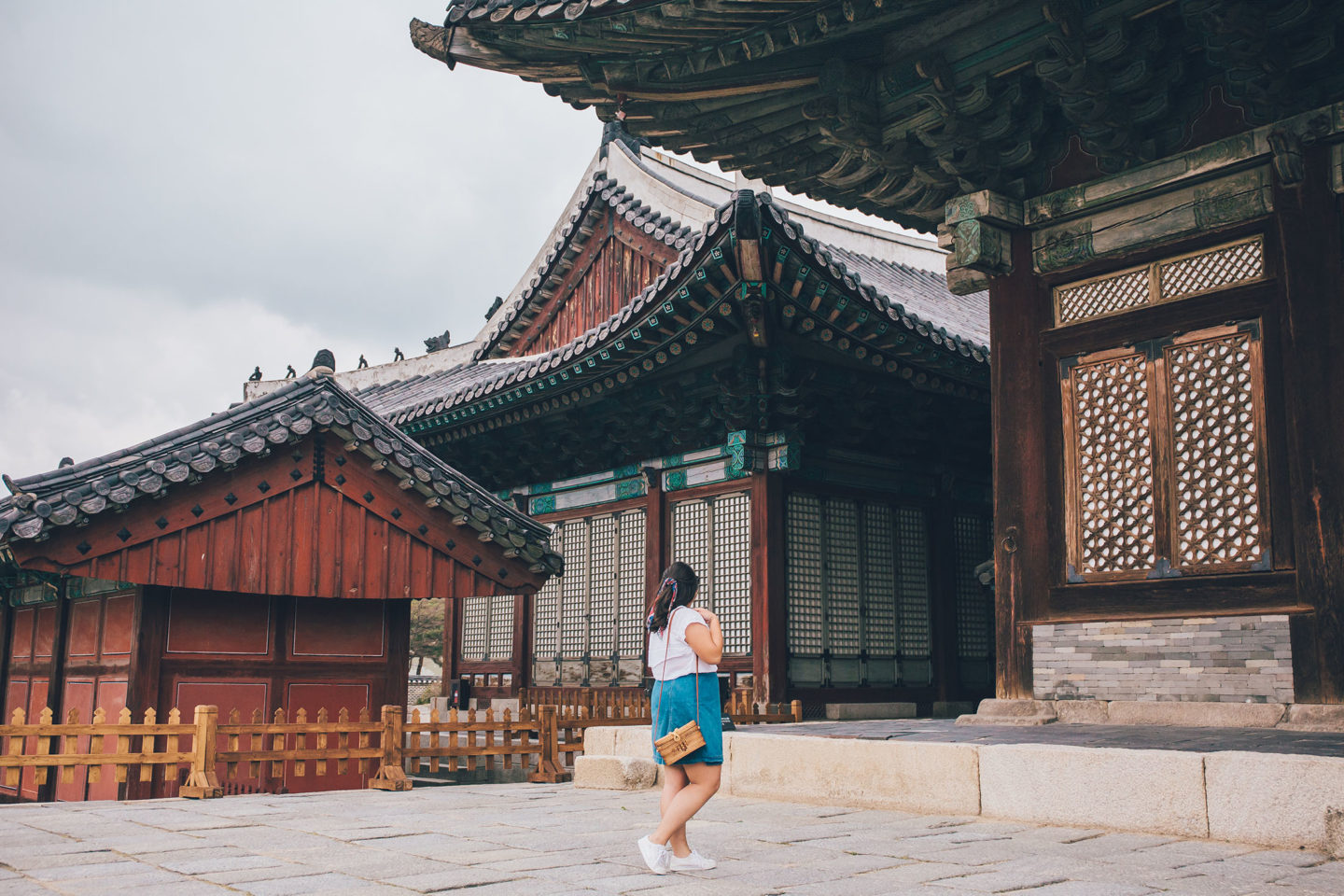
It’s a concept that circles back to the principle of filial piety and honorifics. In more intimate relationships, older female friends aren’t called by their names but by the generic term “older sister” (unni when it’s a female speaking, noona for males). Older male friends are also called “older brothers” (obba for female speakers, hyung for male speakers).
“In Korea, social ethics is an extension of the family,” Ro explained. “We have to understand society as a larger family. If you meet an older person, you treat them like your older brother or sister. It’s an interesting way to see society, the nation and the world. That humanity is just an extension of our family.”
But Ro acknowledges that somewhere along the way, the Confucian principle of reciprocity between senior and junior; younger and older; male and female relationships may have got lost.
Instead of mutually beneficial relationships where respect is offered in exchange for care, and deference is given in return for guidance, the hierarchical system can be ripe for abuse and power imbalances. In the Korean workplace, for example, the phenomenon of authoritative bosses harassing lower rank-and-file subordinates is so common it spawned a modern term to denote workplace bullying called gapjil. And when it comes to gender equality, South Korea consistently posts the largest gender pay gap among the 38 member states of the OECD. In addition, a growing backlash led by conservative South Korean men against the feminism movement has been gaining momentum in recent years.
One modern Korean scholar, Kim Kyung-il, even called for the demise of Confucianism altogether in a controversial book titled Confucius must die for this nation to live.
For Ro, however, what ails South Korean society is not Confucianism, but a poor understanding of it.
“Confucianism is a living tradition,” he said. “We have to revitalize and reinterpret our traditions and make them make sense to modern society. Confucianism is 2,500 years old. We cannot simply abandon all this. In one way or another, we are indebted to this tradition.”
Source: BBC.com
